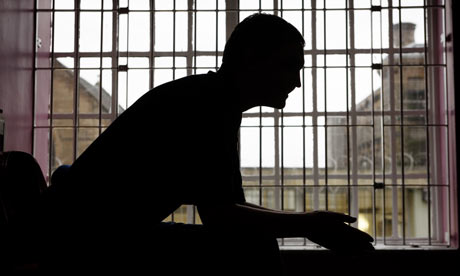
I’ve spent much of the last several days in airplanes.
In El Paso, Texas, I spoke to criminal defense attorneys and then flew to Cambridge, Mass., to address a wonderful NAMI group in a local library. Next came a fundraiser for the HOPE Clubhouse in Ft. Myers, Florida; a seminar sponsored by NAMI Four Seasons in Asheville, N.C.; and two speeches in the New Orleans area at the request of the South Central Louisiana Human Services Authority. This week, I will be flying to Boston to address the American Academy of Psychiatry and the Law.
I am always touched when I hear recovery stories, especially those told by young people. Jourdan Miller, a beautiful girl in her early twenties,  described how important the HOPE Clubhouse in Ft. Myers was to her recovery. As with so many of our young people, Jourdan had excelled as a teenager and had gone to college with big plans – only to become sick. She was diagnosed as having bipolar disorder and not long after that she became so ill that she had to drop out. At one point, she was suicidal. When she called the local police during a manic episode, rather than getting help, she ended up getting arrested and jailed — “to be taught a lesson.” That experience — at the hands of unsympathetic and poorly trained sheriff’s deputies — resulted in her developing PTSD.
described how important the HOPE Clubhouse in Ft. Myers was to her recovery. As with so many of our young people, Jourdan had excelled as a teenager and had gone to college with big plans – only to become sick. She was diagnosed as having bipolar disorder and not long after that she became so ill that she had to drop out. At one point, she was suicidal. When she called the local police during a manic episode, rather than getting help, she ended up getting arrested and jailed — “to be taught a lesson.” That experience — at the hands of unsympathetic and poorly trained sheriff’s deputies — resulted in her developing PTSD.

 I receive emails and letters from parents and family members who have tried to get their loved ones help by having them involuntary committed into a hospital only to be stopped by our legal system. One of the sadder notes came this week from a father whose daughter was so sick that the psychiatrist who first examined her and the independent examiner appointed by the court to review her case quickly agreed that she needed to be hospitalized.
I receive emails and letters from parents and family members who have tried to get their loved ones help by having them involuntary committed into a hospital only to be stopped by our legal system. One of the sadder notes came this week from a father whose daughter was so sick that the psychiatrist who first examined her and the independent examiner appointed by the court to review her case quickly agreed that she needed to be hospitalized.

